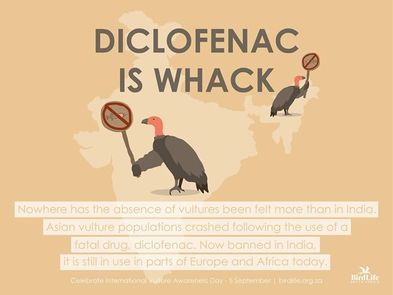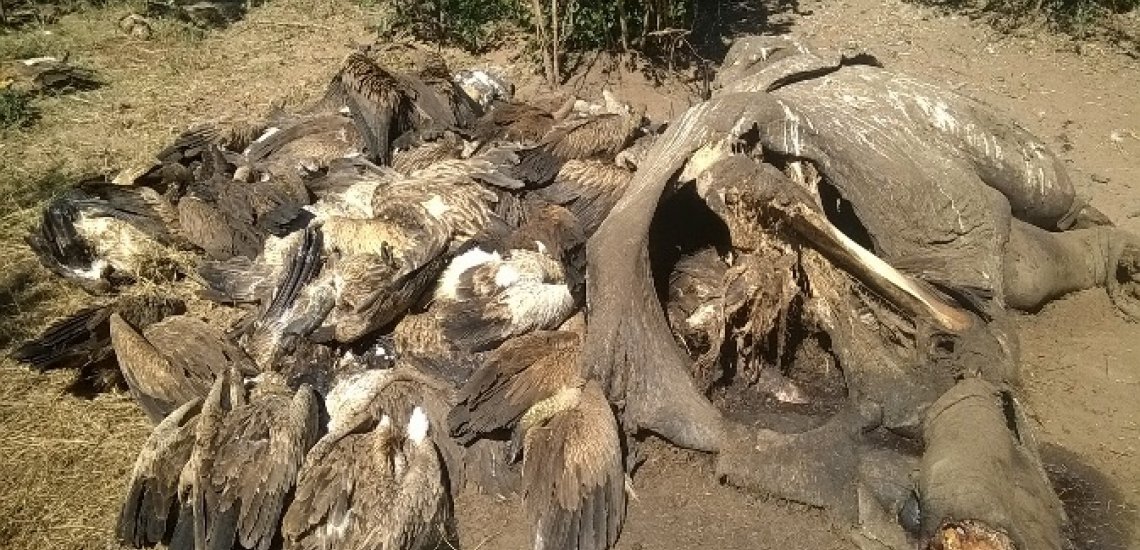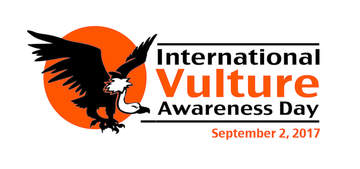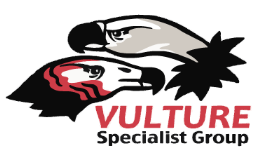-
Vulture Crisis
-
Organizations
<
>
Vulture Crisis has three main points of concern; Diclofenac poisoning primarily in the Indian subcontinent; Furadan poisoning in Africa; and lead poisoning worldwide.
|
More about Diclofenac
|
Find out more about Vulture Crisis
|
|
Explore information on Lead Poisoning in Raptors
|
Visit our International Vulture Appreciation Day page for more information on this day as well as lessons and activities.
|
The IUCN Species Survival Commission’s Vulture Specialist Group Study Group is dedicated to Accipitrid and Cathartid vulture conservation, research and education.
It was founded in 2011 and is made up of biologists, conservationists and people from other areas of expertise that work with or have an interest in vultures. The conservation philosophy is based on the concept that groups of concerned people can take a group of threatened species under their protection and assume responsibility for their survival.
It was founded in 2011 and is made up of biologists, conservationists and people from other areas of expertise that work with or have an interest in vultures. The conservation philosophy is based on the concept that groups of concerned people can take a group of threatened species under their protection and assume responsibility for their survival.







